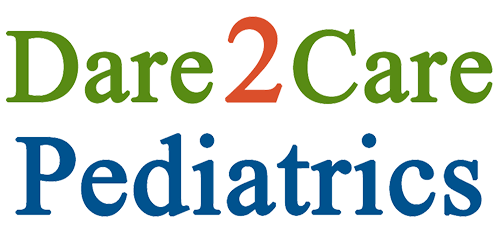One of the primary benefits of prenatal care is the early detection of potential health risks for both the mother and the baby. Regular check-ups, screenings, and diagnostic tests conducted during prenatal care appointments help identify and address any complications or health concerns early on. This proactive approach allows healthcare professionals to implement interventions and preventive measures, reducing the likelihood of complications during pregnancy and childbirth.
Prenatal care involves monitoring the growth and development of the fetus at different stages of pregnancy. Through ultrasounds and other medical examinations, healthcare providers can assess the baby’s health, identify any developmental abnormalities, and make timely recommendations for further intervention if necessary. This monitoring process helps ensure that the baby is thriving and that any potential issues are addressed promptly.
Proper nutrition is crucial during pregnancy for the health and development of both the mother and the baby. Prenatal care services include nutritional guidance, ensuring that expectant mothers receive the necessary nutrients to support fetal growth and development. Healthcare providers offer advice on a balanced diet, appropriate weight gain, and the importance of essential vitamins and minerals. This guidance contributes to a healthier pregnancy and reduces the risk of complications such as low birth weight and preterm delivery.
Prenatal care services extend beyond medical examinations to include educational support for expectant mothers. Health professionals provide information on topics such as labor and delivery, breastfeeding, postpartum care, and infant care. This education empowers mothers to make informed decisions about their health and the well-being of their babies. Knowledgeable and confident mothers are better equipped to navigate the challenges of pregnancy, childbirth, and the postpartum period.
Pregnancy can be a time of emotional and psychological changes for expectant mothers. Prenatal care services recognize the importance of addressing the emotional well-being of pregnant women. Healthcare providers offer counseling and support, creating a space for mothers to discuss their concerns, fears, and anxieties. This emotional support is integral to reducing stress, promoting mental health, and fostering a positive pregnancy experience.






